Health and Religious Rituals in South
Asia
Drawing on original fieldwork, this book develops a fresh methodological approach to the study of indigenous understandings of disease as possession, and looks at healing rituals in different South Asian cultural contexts. Contributors discuss the meaning of disease, possession and healing in relation to South Asian religions, including Hinduism, Islam, Buddhism and Sikhism, and how South Asians deal with the divine in order to negotiate health and wellbeing.
The book goes on to look at goddesses, gods and spirits as a cause and remedy of a variety of diseases, a study that has proved significant to the ethics and politics of responding to health issues. It contributes to a consolidation and promotion of indigenous ways as a method of understanding physical and mental imbalances through diverse conceptions of the divine. Chapters offer a fascinat-ing overview of healing rituals in South Asia and provide a full-length, sustained discussion of the interface between religion, ritual and folklore. The book presents a fresh insight into studies of Asian Religion and the History of Medicine.
Fabrizio M. Ferrari is Senior Lecturer in Religious Studies, University of Chester, UK. His research focuses on the study of South Asian popular Hindu-ism and folklore, and subaltern studies and ritual theory.
Routledge South Asian religion series
1 Hindu Selves in a Modern World
Guru faith in the Mata Amritanandamayi Mission
Maya Warrier
2 Parsis in India and the Diaspora
Edited by John R. Hinnells and Alan Williams
3 South Asian Religions on Display
Religious processions in South Asia and in the diaspora
Edited by Knut A. Jacobsen
4 Rethinking religion in India
The colonial construction of Hinduism
Edited by Esther Bloch, Marianne Keppens and Rajaram Hegde
5 Health and Religious Rituals in South Asia
Disease, possession and healing
Edited by Fabrizio M. Ferrari
First published 2011
by Routledge
2 Park Square, Milton Park, Abingdon, Oxon OX14 4RN
Simultaneously published in the USA and Canada
by Routledge
270 Madison Avenue, New York, NY 10016
Routledge is an imprint of the Taylor & Francis Group, an informa business
2011 Selection and editorial matter, Fabrizio M. Ferrari; individual
chapters, the contributors
Typeset in Times by Wearset Ltd, Boldon, Tyne and Wear Printed and bound in Great Britain by TJI Digital, Padstow, Cornwall
All rights reserved. No part of this book may be reprinted or reproduced or utilized in any form or by any electronic, mechanical or other means, now known or hereafter invented, including photocopying and recording, or in any information storage or retrieval system, without permission in writing from the publishers.
British Library Cataloguing in Publication Data
A catalogue record for this book is available from the British Library
Library of Congress Cataloging in Publication Data
Health and religious rituals in South Asia: disease, possession, and
healing/edited by Fabrizio M. Ferrari.
p. cm. (Routledge South Asian religion series; 5)
Includes bibliographical references and index.
1. South AsiaReligious life and customs. 2. Spirit possessionSouth Asia.
3. Spiritual healingSouth Asia. I. Ferrari, Fabrizio M.
BL1055.H42 2010
ISBN13: 978-0-415-56145-7 (hbk)
ISBN13: 978-0-203-83386-5 (ebk)
For my brother, Luca:
The more [the yogi] practices, the more visible everything becomes.
(Vedavysa on Yogastra 3.26)
If the doors of perception were cleansed every thing would appear to man as it is, infinite.
(William Blake, The Marriage of Heaven and Hell)
Contents
Preface
FABRIZIO M. FERRARI
PART I
Introduction
1 Possession in theory and practice: historical and contemporary models
FREDERICK M. SMITH
2 Is possession really possible? Towards a hermeneutics of transformative embodiment in South Asia
ADITYA MALIK
PART II
Possession from the West
3 Possession in an Islamist valley: spirits, Islamists and love in Chitral, northern Pakistan
MAGNUS MARSDEN
4 Sikh controversies concerning Punjabi pilgrimage sites used for healing and possession
RON GEAVES
5 Ancestors, demons and the goddess: negotiating the animate cosmos of Jainism
ANNE VALLELY
PART III
Possession from the North
6 Disease, the demons and the Buddhas: a study of Tibetan conceptions of disease and religious practice
IVETTE VARGAS-OBRYAN
7 Shamanic healing: ajhkriin the city
DEEPAK SHIMKHADA AND ADAM D. PAVE
8 Calculating fecundity in theKyapa Sa hit
hit
ANTHONY CERULLI
PART IV
Possession from the East
9 The whisper of the spirits: shamanic kinship and the cult of the ancestors among the Lanjia Saoras of Orissa
STEFANO BEGGIORA
10 In the shadow of the devil: traditional patterns of Lepcha culture reinterpreted
DAVIDE TORRI
PART V
Possession from the South
Gumg,WizrinandTan-drusth: affliction and healing in Zoroastrianism
RASTIN MEHRI
12 Possession as protection and affliction: the goddess Mariyammans fierce grace
WILLIAM HARMAN
13 The obsolescence of the demons? Modernity and possession in Sri Lanka
EVA AMBOS
Conclusion
FABRIZIO M. FERRARI
Figures
Contributors
Eva Ambosis finishing her PhD at the South Asia Institute, University of Heidelberg, Department of Anthropology. She researches on the transformation of healing rituals in Sri Lanka where is currently conducting fieldwork. She taught courses on medical anthropology and Sri Lankan culture.
Stefano Beggiorais part-time Lecturer in Anthropology (South Asia) in the Department of Eurasian Studies at Ca Foscari University of Venice (Italy), where he received his PhD in 2006. He has published several articles and book chapters on Indian adivasis (Saoras, Kondhs and Apa Tanis), shamanism, human sacrifice and therianthropy. He is author of Sonum: Spiriti della Giungla: Lo Sciamanismo delle Tribu Saora dellOrissa (FrancoAngeli, 2003) and many ethnographic documentaries. Dr Beggiora is currently working on a book on the transformation of tribal religious life as a result of globalization and the growth of Indias economic power.
Anthony Cerulliis Assistant Professor of Religious Studies at Hobart and William Smith Colleges in Geneva, New York. He received a PhD in the History of Religions from the University of Chicago. His research and publications examine the forms and functions of narrative in Sanskrit medical literature and the application of Sanskrit medical knowledge among Malayali physicians in Kerala.
Fabrizio M. Ferrarihas a PhD from SOAS (University of London) and is senior lecturer in the Study of Religion at the University of Chester. Dr Ferrari specializes in the study of vernacular Hinduism and South Asian folklore. He has published articles and book chapters on Bengali religions, with particular reference to village disease goddesses and healing rituals. His first book is on the Bauls of Bengal (

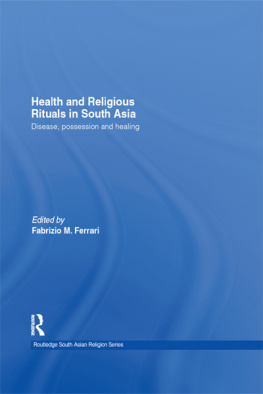
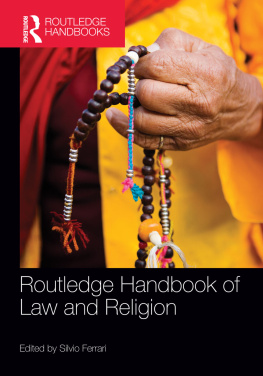


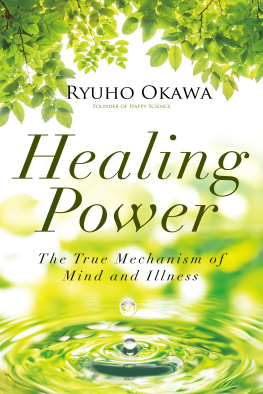

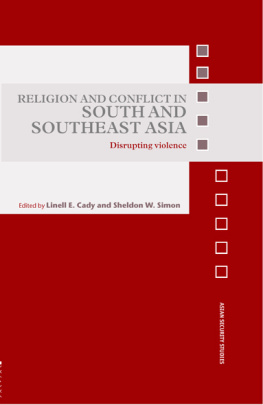
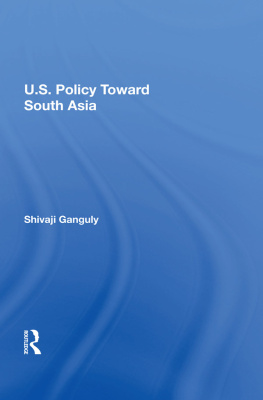
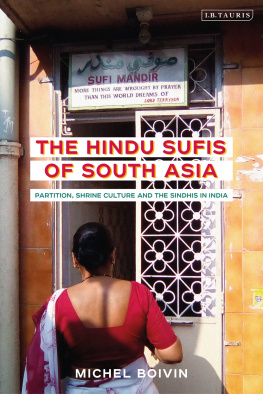
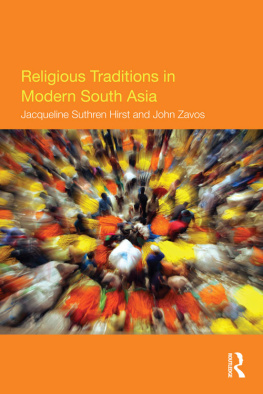
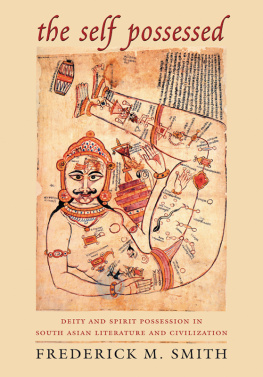
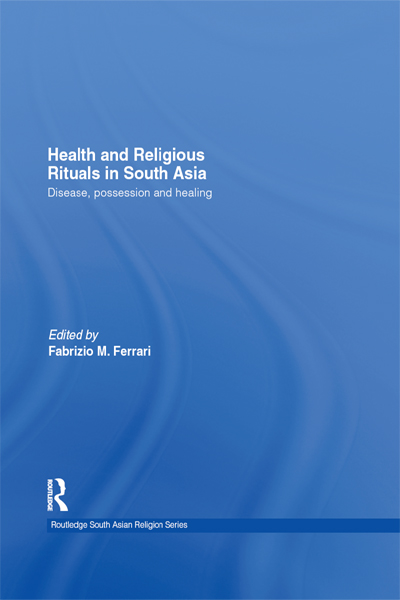
 hit
hit